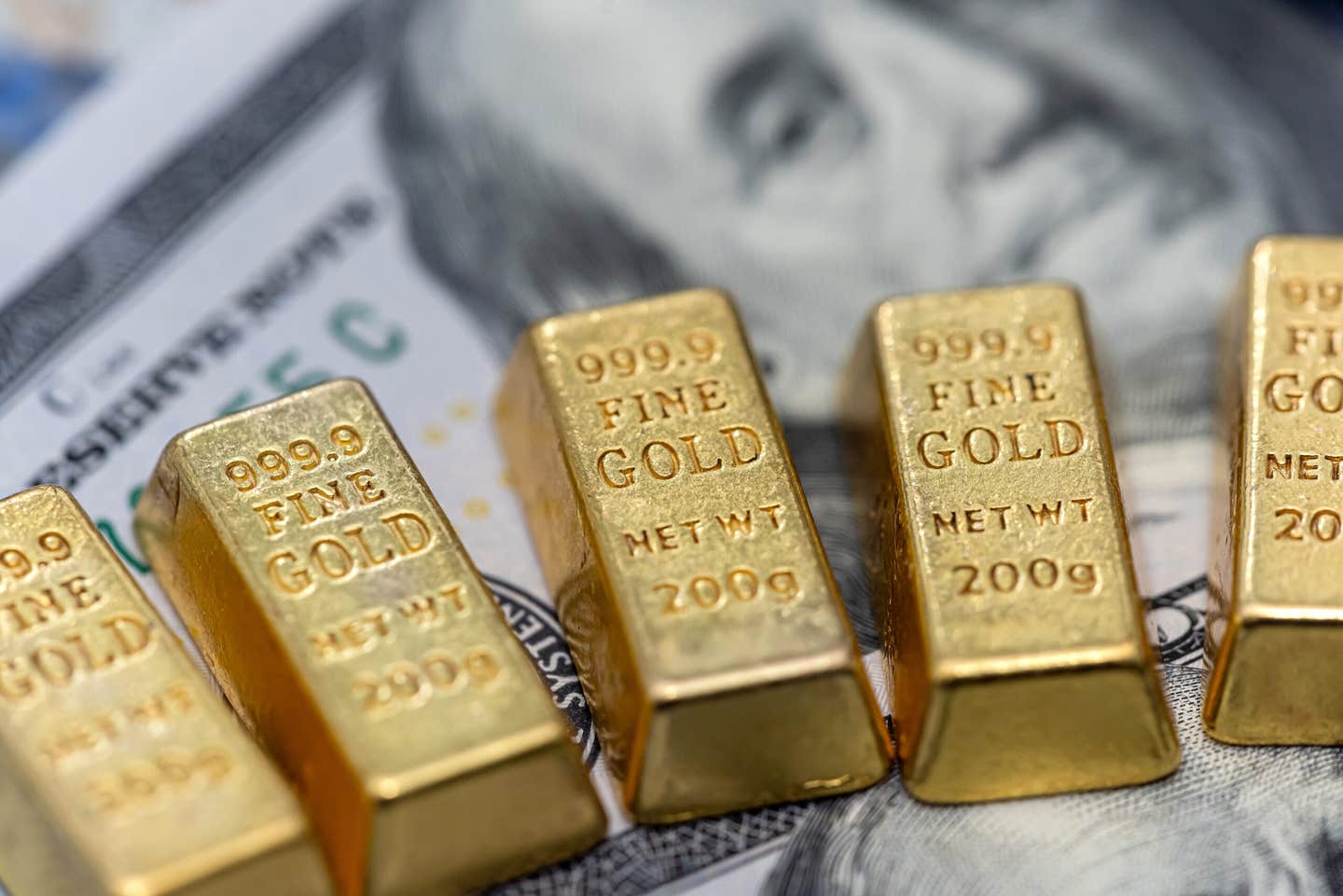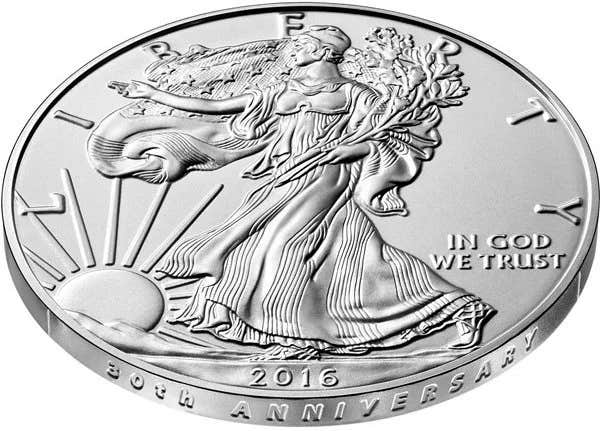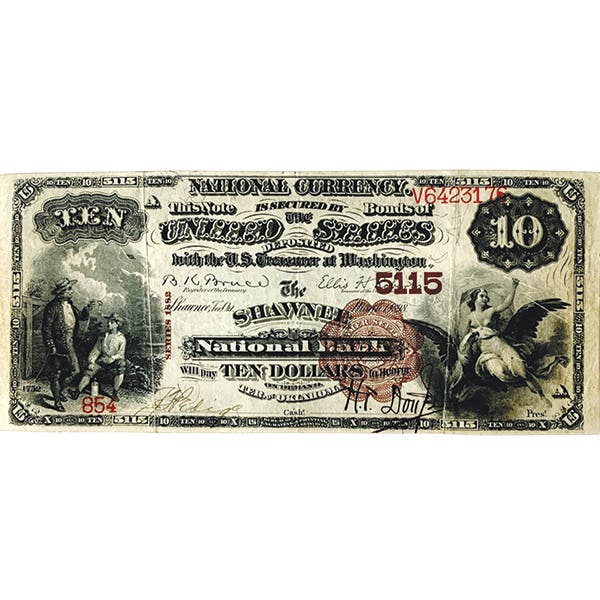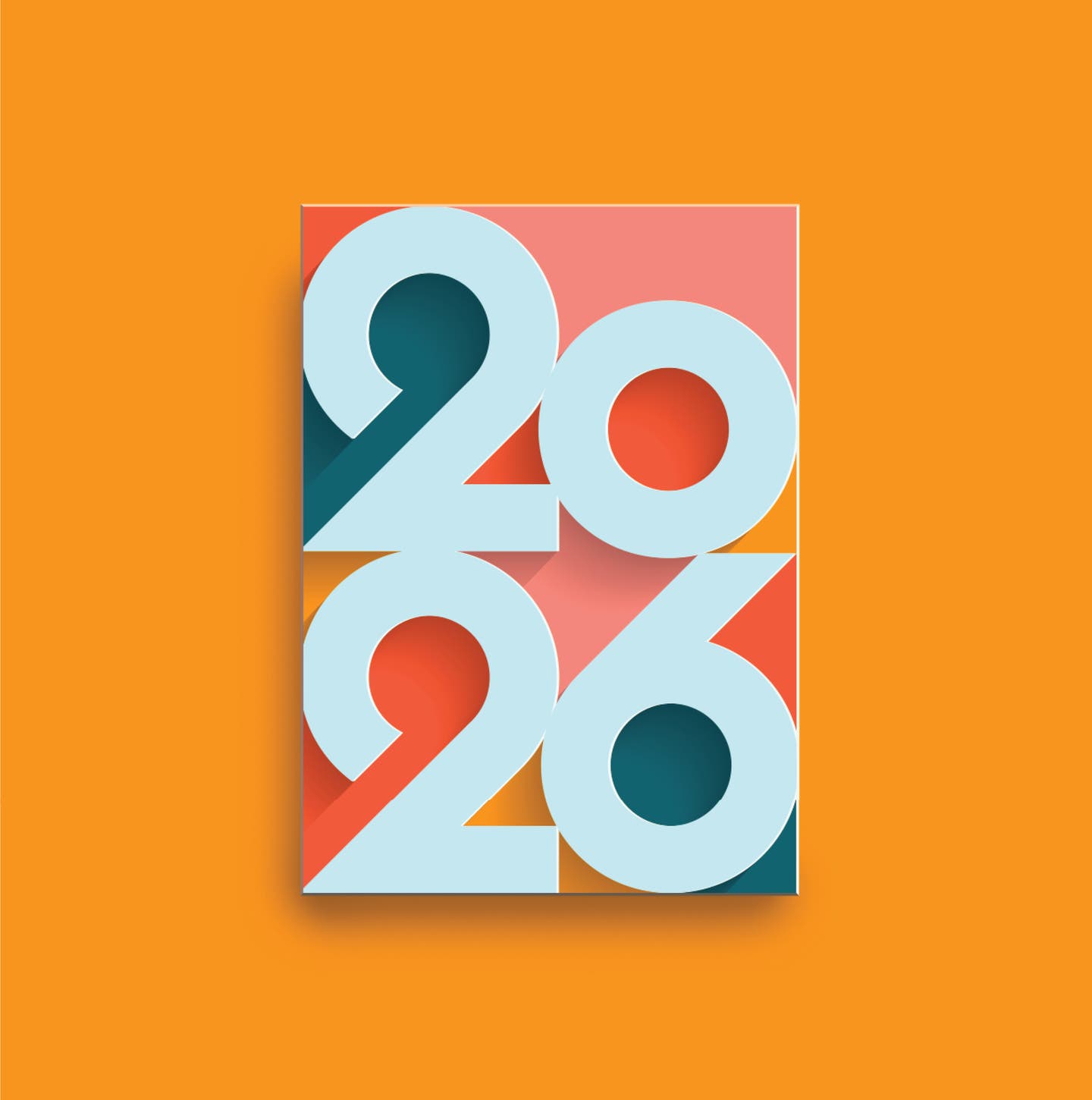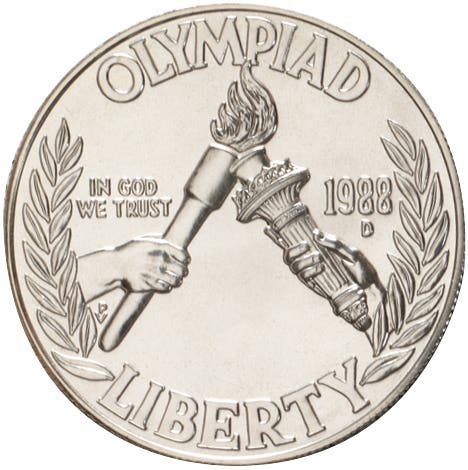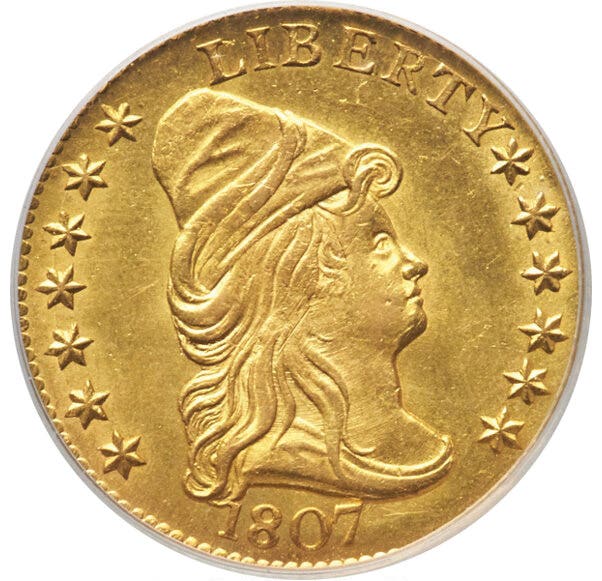Viewpoint: Coin club officers scam targets?
By L.A. Saryan You’ve won the international lottery! A long-lost relative has passed away in a foreign country and left you an inheritance of $8.2 million! And all you need…
By L.A. Saryan
You’ve won the international lottery! A long-lost relative has passed away in a foreign country and left you an inheritance of $8.2 million! And all you need to do to claim your money is pay the transaction fees and share a small proportion of the inheritance with the bank official who discovered it. And, of course, for the sake of privacy, be discreet. Whatever you do, don’t inform the authorities.
Before the Internet days, I used to receive such appeals by airmail. Now, anyone who uses the Internet regularly has encountered spam emails like this. The scams have proliferated a thousandfold. They get your email address and send you an outlandish proposal, spelling out a few far-fetched details. The appeals often come from overseas; stilted text and the email reply address give the source away. Most of our readers are too intelligent and alert to fall for such schemes, and they dissipate into cyberspace.
Last week, I received a different kind of appeal, one that to my mind was much more dangerous. I received a communication from someone purporting to be the president of our local numismatic club, asking me to contact them right away to pay an outstanding bill owed to a vendor. They had my correct name and the president’s correct name. They provided an email address including the words “club president” that I could reply to. The grammar and spelling did not arouse any suspicion. It almost seemed legitimate.
I noted a couple of problems. I am not a club treasurer, so paying delinquent club invoices does not ordinarily fall within my responsibilities. And I was also tipped off by the return email address; it wasn’t an email that I recognized as belonging to anyone in our club. Since some of my contact information is available on our numismatic club website, I suspect that someone (the scammer) mined information from that site to construct the appeal.
In the Internet world, some may have perhaps forgotten how to contact their friends by that old technology known as the telephone, or even in person. So I gave the real club president a phone call and saw him the next day at a gathering. Sure enough, I confirmed that the request to make the payment was a scam.
The next step I took was kind of daring. I replied to the suspicious email asking for more details, namely how much money should I send to the alleged vendor and where should I mail it to. Within a few hours, I received a reply asking for more than $1,000 to be forwarded to a woman with an address in Virginia. I also asked if the expense was for a specific purpose (which I knew we had not incurred), and was told that, yes, I was correct.
This was nothing more than a deceptive “phishing” scam. Needless to add, the perpetrator will not be getting a cent from me.
Here’s a warning to anyone involved in a coin club or, indeed, any organization with a website. If an electronic mail request involves money, beware. Before taking any action, confirm that the request is legitimate. The Internet offers many conveniences, but it is also laden with people using nefarious schemes to cheat people out of their hard-earned money.
This “Viewpoint” was written by L. A. Saryan, a hobbyist in Wisconsin.
To have your opinion considered for Viewpoint, write to David C. Harper, Editor, Numismatic News, 5225 Joerns Drive, Suite 2, Stevens Point WI, 54481. Send email to david.harper@fwmedia.com.
This article was originally printed in Numismatic News. >> Subscribe today.
More Collecting Resources
• Error coins can bring big money. Learn to detect them and how to cash in on them with Strike It Rich With Pocket Change.
• The Standard Catalog of World Coins, 1601-1700 is your guide to images, prices and information on coins from so long ago.




